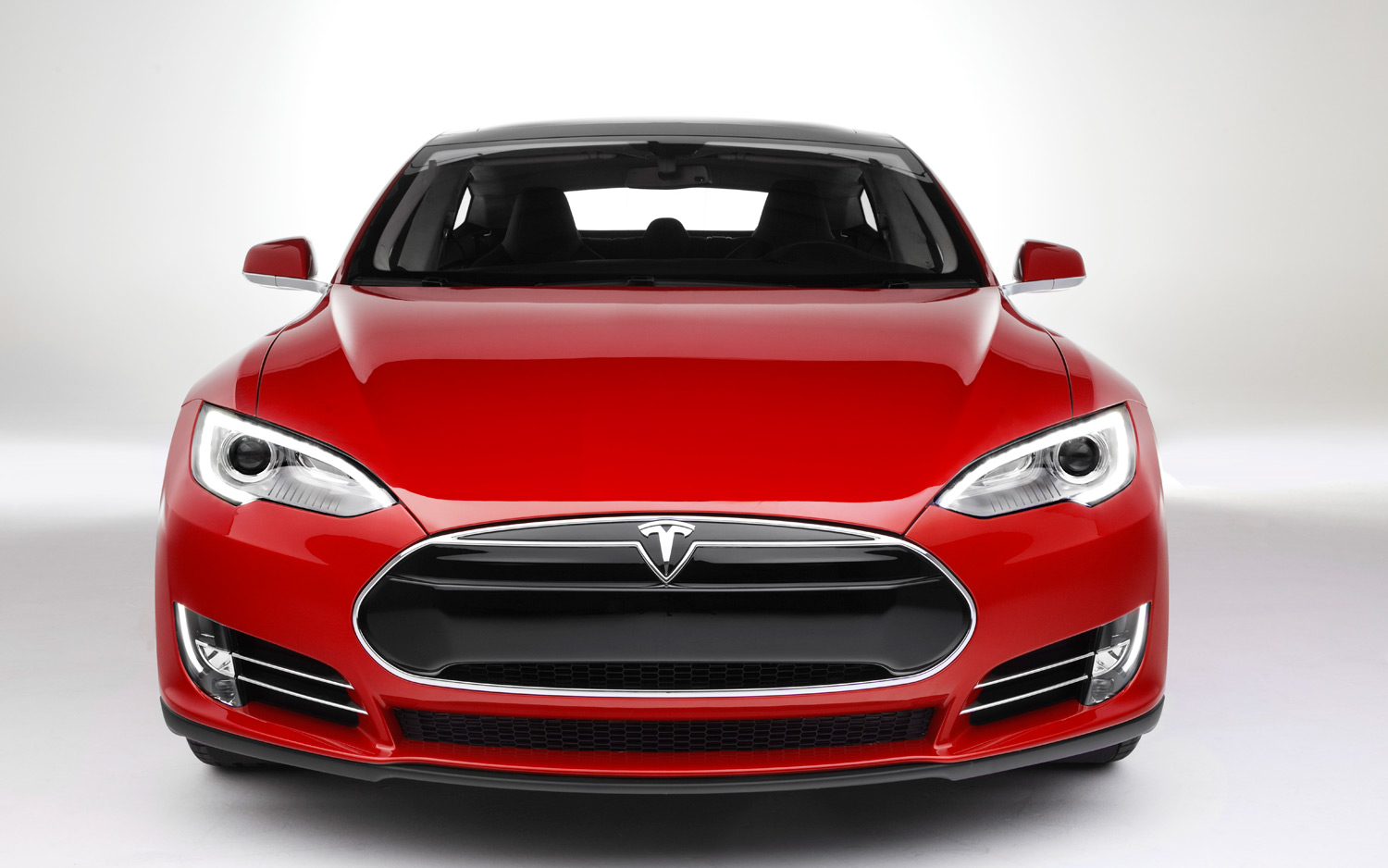Apple Inc. released its 2015 Environmental Responsibility Report this week. In the report, Apple proudly claims that their data centers are running on 100% renewable energy and that their new headquarters in Cupertino will run entirely on renewables (solar plant in nearby Monterey County). Apple is proud to claim that building operations in the USA are moving to 100% renewable. That's great. However, Apple's real carbon footprint is in the vast, vast amount of energy used and CO2 released in manufacturing all of its physical products, mostly in China.
For example, of the 34 million metric tons of CO2 Apple claims responsibility for in fiscal year 2014, 24.8 million metric tons are in manufacturing and only 0.4 million tons are in facilities. Put another way, 73% of Apple's carbon footprint is in manufacturing, whereas only 1.1% is in facilities. Sorry Apple, switching facilities to renewables is great optics (and still worthwhile) but it is a drop in the bucket of their CO2 footprint. For Apple to meaningfully contribute to reducing global warming they will need to begin to transition their manufacturing partners to renewables. It seems they are now just taking small steps in that direction.
For now, Apple and other manufacturers, and consumers, are contributing both to the localized pollution crisis in China as well as global CO2 emissions. If Apple wants to be a leading corporate environmental steward, as statements by CEO Tim Cook and Lisa Jackson, Vice President of Environmental Initiatives indicate, then it needs to more fully and quickly address the source of their real carbon footprint: the manufacturing of physical products.


